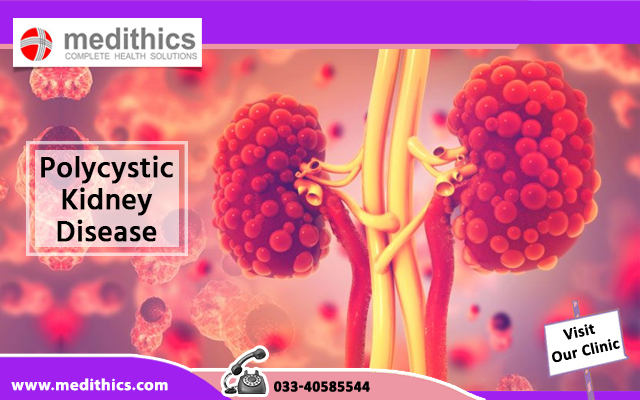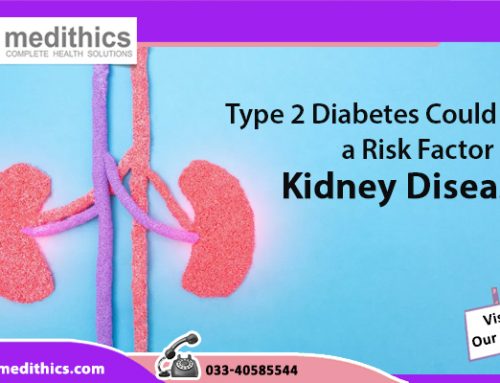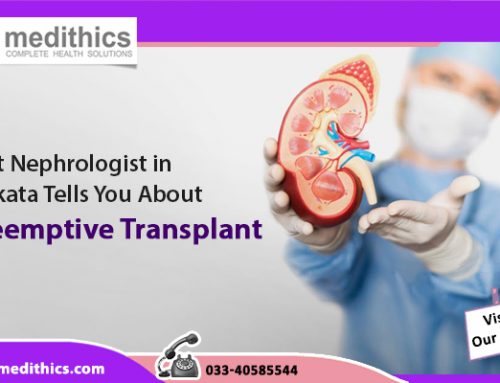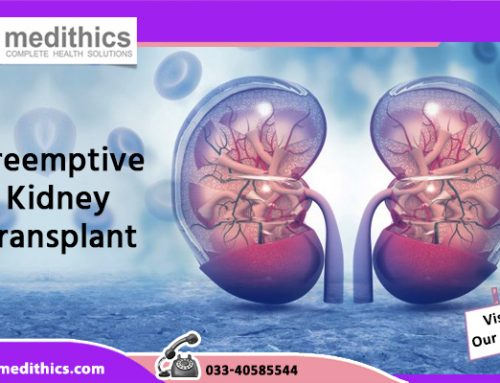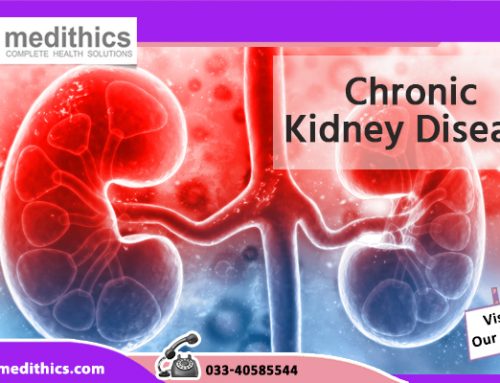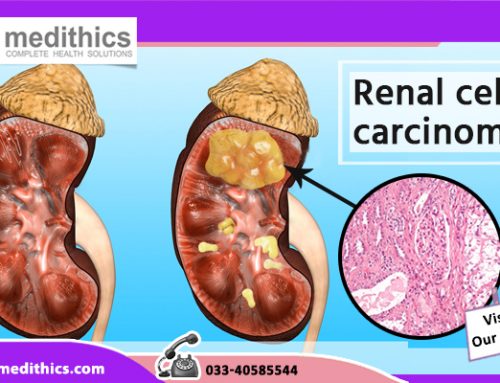An inherited kidney disorder in which numerous cysts grow in the kidneys is called polycystic kidney disease (PKD). These cysts contain fluid. The kidneys can get damaged if there is the growth of too many cysts or they grow bigger. These cysts can occupy most of the kidneys. This leads to kidney failure by reducing the function of the kidneys. The other organs of the body also get affected by PKD. Cysts may grow in the liver, spleen, pancreas, large bowel and also ovaries in case of women. There are some nephrology doctors near me who treat this condition.
Symptoms
There can be no symptoms in some people living with PKD for many years. A person starts noticing symptoms when the cysts become 0.5 inches or larger in size. The symptoms include:
- Blood in the urine
- Pain or tenderness in the abdomen
- Pain in the sides
- Frequent urination
- Urinary tract infection (UTI)
- Kidney stones
- Skin that gets easily bruised
- Pain or heaviness in the back
- Fatigue
- Pale skin colour
- Abnormalities in the nail
- Pain in the joints
Types
There are normally three types of PKD. They are:
- Autosomal dominant PKD (ADPKD):
Almost 90% of the cases are linked with this condition. A person has a 50% chance of developing this condition if any of the parents had PKD. During the age period between 30 to 40 years, the symptoms normally develop.
- Autosomal recessive PKD (ARPKD):
In comparison to ADPKD, this condition is much less common. When both parents carry the gene for the disease, this condition is said to be inherited.
- Acquired cystic kidney disease (ACKD):
This condition normally happens later in life and it is not inherited. The people who are suffering from other kidney problems normally develop this condition.
Diagnosis
A kidney specialist in Kolkata will normally review your family history as ADPKD and ARPKD are inherited. He/she may suggest diagnostic tests like complete blood count and urinalysis. You may also have to undergo some imaging tests to help the doctor find out cysts in the kidney, liver and other organs. These tests are:
- Abdominal ultrasound: There is the use of sound waves in this noninvasive test to find cysts in the kidneys.
- Abdominal CT scan: The detection of smaller cysts in the kidneys is possible through these tests.
- Abdominal MRI scan: In order to take images of your body for visualizing kidney structure and looking for cysts, this test uses strong magnetic rays.
- Intravenous pyelogram: There is the use of a dye in this test so that your blood vessels show up more clearly on an X-ray.
Treatment
Managing the symptoms and avoiding complications are the goals of PKD treatment. The most important part of treatment is controlling high blood pressure. The top nephrologist in Kolkata decides the mode of treatment according to the patient’s condition. Some treatment options are:
- Pain medication
- Antibiotics for treating UTIs
- Blood pressure medication
- Diet low in sodium
- Diuretics
- Surgery
If renal failure happens due to advanced PKD, dialysis and kidney transplant may be necessary.
